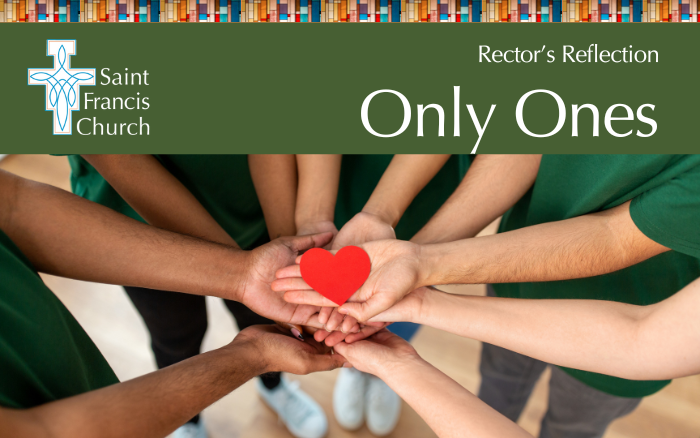I have an Iron Man watch made by Timex. I have no plans to become an Iron Man, but I do like the watch. It shows me not only the time but the date as well, and there’s a button in the top right corner that my son loves to push—it lights up the watch face, allowing us to see what time it is in the dark. It does some other things, and there are other buttons, but I don’t know what they do or how to use them, so I leave them alone. I just need the time and the date, and from time to time to amuse my four-year-old.
People are enamored with their smart watches, phones, and tablets, and talk about how they have more computing power in their hands than all of NASA did for the moon landing. We love to congratulate ourselves on our technological advancements. But the reality is that our smart watches, phones, and computers are powered by the same technology that powered the room-sized computers at M.I.T. in the fifties, player pianos in the 1800s, and music boxes in the Middle Ages: it’s all based on zeroes and ones, bumps/no bumps, hole/no hole. We’ve been using the same basic technology for well over five hundred years, though the same principle has been in place for all of human existence. Yes or no, good or bad, black or white, zero or one, dead or alive.
In today’s world, everything is measured. We measure ourselves against one another, constantly comparing ourselves and working to get ahead of our neighbors. How many degrees do you have? How many homes do you own, what kind of home do you own, how many hours do you work in a week, what kind of car do you drive, clothes do you wear, and where do you vacation? How many trophies has your child won, and did she get into the right school? What kind of grades did your grandson get—and they had better be A’s because anything less is unacceptable. Everything is zeroes and ones; if you’re not number one, you’re a zero. If you’re not the best, you’re the worst. As the bumper stickers say, “If you’re not first, you’re last,” and “Second place is first loser.” We live in a world where we are judging and being judged as zeroes or ones, haves/have-nots, good/bad…dead or alive.
When Jesus sent out His disciples to heal and spread the good news, he didn’t give them a quota to fulfill. He didn’t say to Peter, “Peter, I want you to heal at least 40 people and cast out 7 demons. On second thought, make that 7 x 77.” When Jesus moved from town to town, He was never on a timetable or schedule; when He and the disciples were discovered by the crowds, Jesus didn’t yell, “You crowds! Leave us alone, we’re on break!” He tended to them, healed, taught, and loved them. And he continued to move among them. Jesus went right down the middle of our earthly binary pattern, and didn’t measure progress by the number of people He saw or healed. He loved all those who came to Him, and moved at a pace that allowed Him to spend time with people in a real and meaningful way.
St. Paul writes in several of his epistles that we are no longer divided into two people, Gentile and Jew, or into several groups of people, but that we are all now called to be one in Christ. When Jesus died on the cross, He died for all people. It was to be the last sacrifice, the last death…one death for all of humanity, for all time. God does not love us for what we do or own; God, the creator of the universe, Lord of all, does not base our worth on our accomplishments. God loves us because we are. Because we exist, God loves us. There’s nothing we can do to make God love us more or less; God loves us more than we will ever know this side of the veil. None of us is a zero in the eyes of God. We are all ones, called to be One, called to One God, One Faith, One baptism. Imagine the freedom that comes from realizing that we need no longer measure ourselves against one another; that competition doesn’t matter, that there is no better or worse because we all are. Our math is broken; a simple glance at any point in history shows it clearly. We need to embrace the code God has given us, to live, laugh, and love as One people, to view one another through the eyes of God, never seeing zeroes, but only seeing one, one child of God, loved by God, called to be loved by us.
—Fr. Jason

